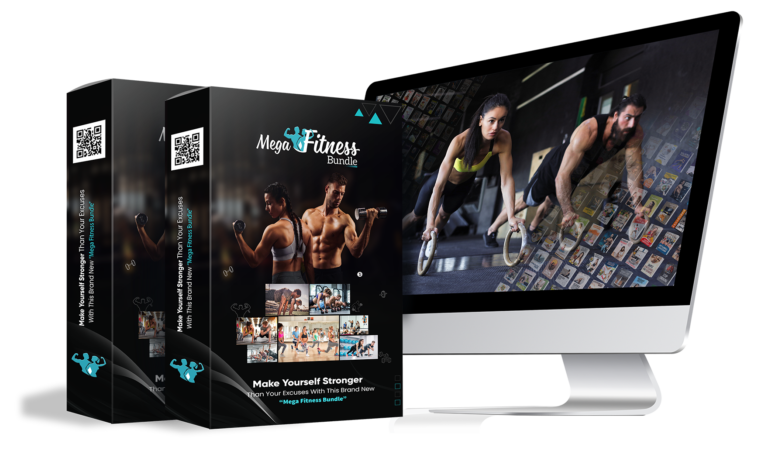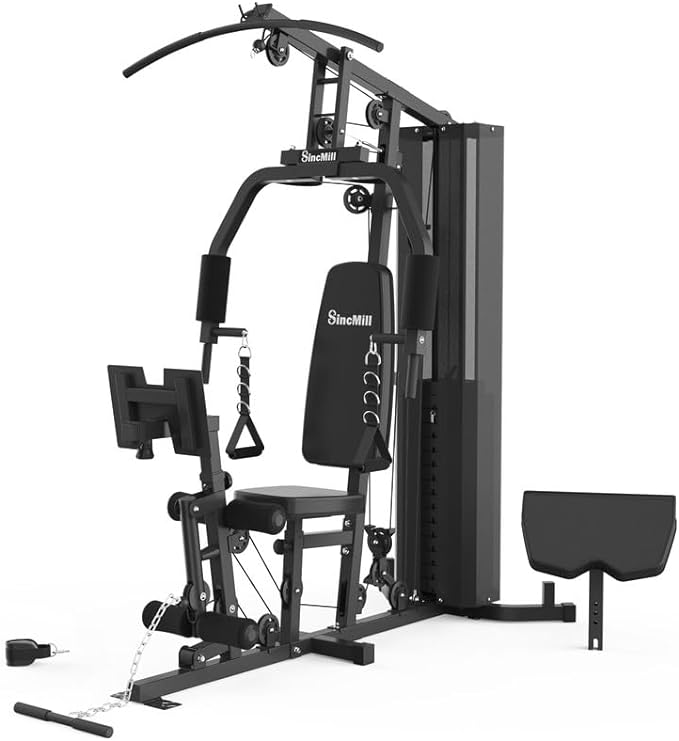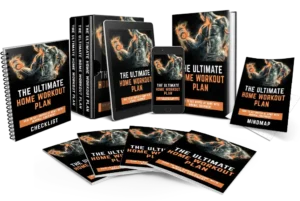
Fitness Fundamentals
Embarking on a fitness journey can be both exciting and overwhelming, especially for beginners. With a plethora of information available, it’s easy to get lost in the details and forget about the basics. However, understanding and applying the fundamentals of fitness is crucial for building a solid foundation that will support your long-term health and fitness goals. This post will guide you through the essential principles of fitness, providing a roadmap for beginners to start their journey on the right foot.
Understanding the Pillars of Fitness
Fitness encompasses more than just physical exercise; it’s a holistic approach to well-being that includes several key components:
Cardiovascular Endurance: This refers to the efficiency with which your heart, lungs, and vascular system work together to provide oxygen during sustained physical activity. Activities like walking, running, cycling, and swimming are excellent for building cardiovascular endurance.
Muscular Strength and Endurance: Strength training isn’t just about building muscle mass; it’s about enhancing the strength and endurance of your muscles, enabling you to perform daily activities with ease. Incorporating resistance training, using body weight, free weights, or resistance bands, is essential.
Flexibility: Often overlooked, flexibility is vital for a well-rounded fitness routine. It improves the range of motion, reduces the risk of injury, and can enhance performance in other fitness areas. Regular stretching or practices like yoga can significantly improve flexibility.
Body Composition: This refers to the ratio of fat to lean mass in your body. Achieving a healthy body composition is often a primary goal for those starting their fitness journey. It’s important to remember that this aspect is influenced by both diet and exercise.
Balance and Coordination: These skills help improve overall movement efficiency and reduce the risk of falls or injuries, especially as we age. Balance exercises can be as simple as standing on one leg or more complex like practicing certain yoga poses or using balance boards.
Setting Realistic Goals
Before diving into any fitness regimen, it’s crucial to set clear, achievable goals. Whether it’s losing weight, building strength, improving endurance, or simply becoming more active, your goals should be Specific, Measurable, Achievable, Relevant, and Time-bound (SMART). This approach ensures that you have a clear direction and can track your progress effectively.
Creating a Balanced Routine
A well-rounded fitness routine should incorporate elements from all the fitness pillars. Beginners might start with 2-3 days of cardiovascular activities, 2 days of strength training, and daily flexibility exercises. It’s essential to start slow and gradually increase the intensity and duration of your workouts to prevent burnout and injuries.
Importance of Nutrition and Hydration
Nutrition plays a pivotal role in your fitness journey. Fueling your body with the right nutrients supports muscle growth, aids recovery, and provides the energy needed for your workouts. Hydration is equally important, as water supports every metabolic function and nutrient transfer in the body and is crucial for optimal performance.
Listening to Your Body
One of the most critical aspects of starting a fitness routine is learning to listen to your body. Rest and recovery are just as important as the workouts themselves. If you’re feeling overly fatigued, sore, or unwell, allowing your body time to recover can prevent injuries and ensure you’re ready for your next workout.
Finding Support and Accountability
Embarking on a fitness journey can be challenging, and having a support system can make a significant difference. Whether it’s a workout buddy, a fitness community, or a personal trainer, finding someone to share your journey with can provide motivation, accountability, and valuable advice.
Embracing Consistency and Patience
Fitness is a marathon, not a sprint. Consistent effort over time yields results, not quick fixes or fad diets. It’s important to be patient with yourself and understand that progress takes time. Celebrate the small victories along the way, and don’t get discouraged by setbacks.
Conclusion
Starting a fitness journey is a commendable decision that can lead to improved health, well-being, and quality of life. By focusing on the fundamentals of fitness, setting realistic goals, and adopting a balanced and consistent approach, beginners can build a solid foundation for a lifetime of fitness. Remember, the journey to fitness is personal and unique to each individual. Embrace the process, enjoy the journey, and welcome the transformative power of fitness into your life.




